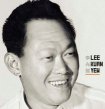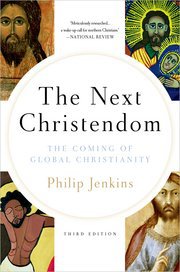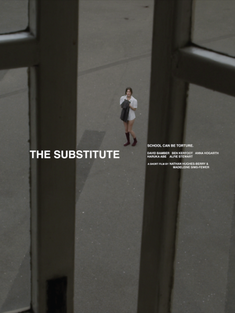Partyforumseasia: The recruitment and selection of politicians is widely unregulated in political parties. Charisma and leadership potential can only partially be learned and developed, but the first litmus test is the socialization in the local branches. The possible motivations to first join a party are manifold, from family history or concern about local issues to attention seeking and the urge of being important. Within a branch and the interaction with fellow members, the most widespread patterns may be eloquence and perseverance, in any case, availability and attendance whenever there is an event. And not to forget, supporting a superior is nearly always helpful for advancement, as long as the superior is not challenged. If the party is in government, networks similar to roped mountain climbing or skiing parties play an important role in filling all sorts of positions with trusted comrades. Generally, the necessary rejuvenation of a party is left to chance, sometimes to recruitment drives among suitable persons among friends and aquaintances of the party activists.
play an important role in filling all sorts of positions with trusted comrades. Generally, the necessary rejuvenation of a party is left to chance, sometimes to recruitment drives among suitable persons among friends and aquaintances of the party activists.
A systematic approach is rare, but there is one interesting example in Southeast Asia, namely Singapore’s long-term ruling party, the People’s Action Party (PAP). It can be traced back to founding father Lee Kuan Yew (LKY) who decided without political or popular pressure to step down after ruling the new city state as prime minister from 1959 till 1990. His obsession with leadership recruitment and selection is legendary. Candidates for parliament were screened in different rounds of discussions from the local branch to ministerial level and finally by LKY himself in increasingly grueling interviews. His special focus was the character, a criterion not really common in most parties world-wide. The prevailing perception and the image of party politicians are so negative that positive connotations linked to the character are rare.
 This LKY-heritage is obviously living on. The Straits Times, on 3 December, published a glimpse into this part of PAP internal procedures under the headline: “PAP identifies 200 hopefuls for the next GE” (LINK), due by April 2021. Overseen by the PAP’s organizing secretary, the rounds of “tea sessions” with ministers and MPs have started, later on, the candidates will be interviewed individually by a panel of ministers. The paper mentions that in the past candidates have been asked to undergo psychological profiling. In Darwinian terms, the selection process looks like the survival of the fittest. Normally, the party brings in replacements for about a quarter of its members of parliament with every general election.
This LKY-heritage is obviously living on. The Straits Times, on 3 December, published a glimpse into this part of PAP internal procedures under the headline: “PAP identifies 200 hopefuls for the next GE” (LINK), due by April 2021. Overseen by the PAP’s organizing secretary, the rounds of “tea sessions” with ministers and MPs have started, later on, the candidates will be interviewed individually by a panel of ministers. The paper mentions that in the past candidates have been asked to undergo psychological profiling. In Darwinian terms, the selection process looks like the survival of the fittest. Normally, the party brings in replacements for about a quarter of its members of parliament with every general election. 
Similar to his father, Prime Minister Lee Hsien Loong who is also the uncontested leader of the PAP, has made public his intention to step down by 2022. He carefully tries to organize the transition and announced several times that his successor is very probably already a member of the cabinet, but the next batch of candidates might have a chance as well.
The quasi-hegemonic long-term rule of the PAP is unique in many ways, but seeing political leaders everywhere like glued to their positions, it might be interesting to search for any other party similarly engaged in its own renewal and rejuvenation like Singapore’s PAP.
Rate this:Share this:





